Where are all the women? That is the question that this talk and Virago and the New Stateman's prize is looking to address.
Politics and Economics are subjects which are hugely male dominated, both in person but particularly in non-fiction book prizes. For example the first woman to win the Nobel for Economics did so in 2009. As such Virago, a publishing house which focuses on women's writing, and the New Statesman, have come together to hold a women's prize to bring attention to the women who are writing in these fields, and hopefully inspire future generations into them.
On the panel was New Statesman editor Helen Lewis, economist and previous economic advisor to the Bush administration Pippa Malgreen and Frances Weetman, winner of the first ever prize.
So what is the initial problem, why aren't women in these fields? Well economics is seen as cold and mathematical, and as women are socialised to be warm, personal and emotional it doesn't appeal to them. Equally we tend to stereotype, assuming politicians, economists and professors to be male. 'You can't be what you can't see' points out chair Lennie Goodings. But why don't women put themselves forward? Again, it isn't in their nature, and often when they do or are successful the narrative is rewitten and their expertise is overwritten by the media in preference for their male counterparts. Women also are less likely to see themselves as an expert, holding higher standards to themselves - and this has been proven in research.
Weetmen points out research that also shows men are more likely to take risks, a value which goes far in finance, whereas women are often more cautious, but we need to push women to take the chances and opportunities. Equally we need to offer them the opportunities. So are quotas useful in this regard? Yes and no, if you can get to the root of the problem, says Weetman. Lewis points out that they will always be problematic as they always leave people out, potentially becoming exclusionary for other groups, but at the end of the day they also work, and that is what a lot of people don't like about them, because actually that is when people who had privilege, namely men, start to lose out.
But actually we need women in these positions because they make up 70% of consumers and contribute thousands in unpaid labour. Women shape economics from the ground up, but are excluded at the top level by jargon, academia, boys clubs and lack of opportunity and representation. It is clear that these attitudes need to change and it is the effort and effect of prizes like this one, that will hopefully, if not trigger that change, then help to fuel it.

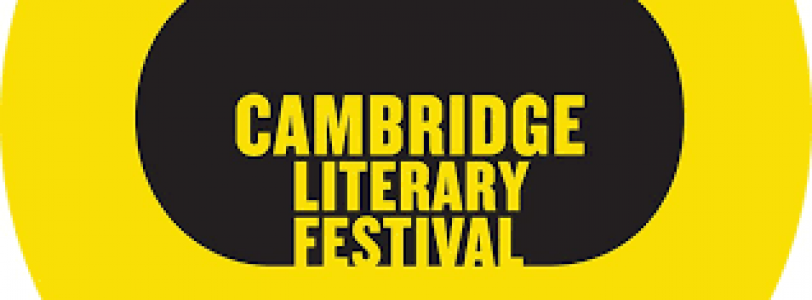
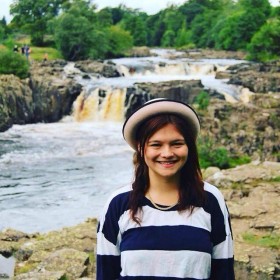
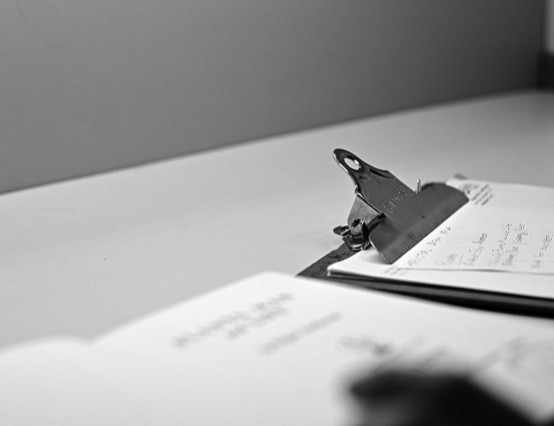
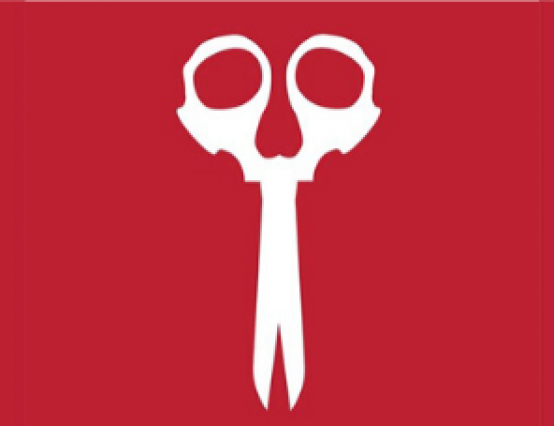
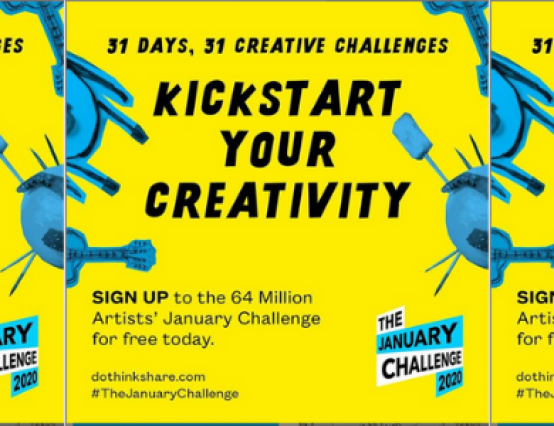




Women are certainly taking a massive step forward at the moment, with more female world leaders on the rise.